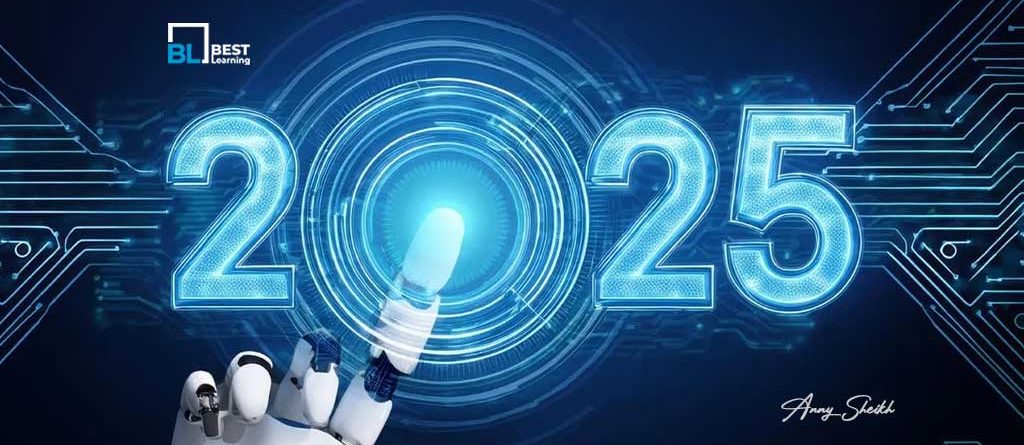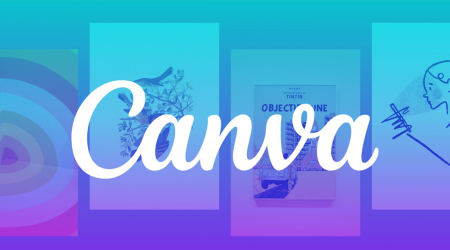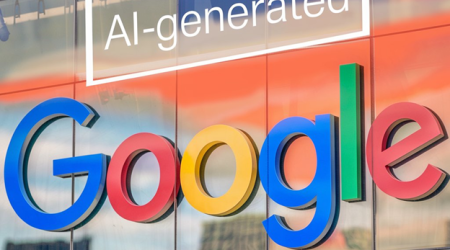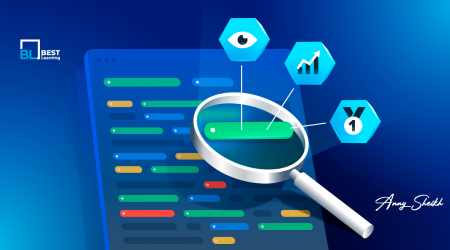Best AI Applications Transforming Everyday Life in 2025
AI Applications: How Artificial Intelligence Is Changing Everyday Life
Most people don’t sit around thinking about “Artificial Intelligence” every day. But whether you notice it or not, AI is already part of your daily routine.
Your alarm adjusting its volume, Instagram showing posts you like, or your food delivery app suggesting dinner before you type — that’s all AI working behind the scenes.
This isn’t science fiction. It’s not robots taking over the streets. It’s smart tools making life easier without you even realizing it.
What Are AI Applications?
Artificial Intelligence (AI) is no longer a distant idea. It’s here, shaping how we work, learn, shop, and connect. Here are some real-world examples of AI applications you might already be using:
- Chatbots: Tools like ChatGPT or Bard answer questions, help you research, or write content in seconds.
- Smart Assistants: Siri and Alexa follow voice commands — playing music, setting reminders, or turning off the lights.
- Recommendations: Netflix, YouTube, and Amazon suggest content or products you’ll probably enjoy.
- Image Creation: MidJourney and DALL·E create stunning images from simple text prompts.
- Translations: Google Translate and DeepL break language barriers instantly.
- Healthcare: Tools like IBM Watson help doctors detect diseases faster and more accurately.
- Self-Driving Cars: Tesla and Waymo are leading the way in autonomous transportation.
- Fraud Detection: Banks use AI to spot unusual transactions and protect your accounts.
- Writing Tools: Grammarly and Jasper help create polished, error-free content.
- Design Software: Canva and Adobe now include AI to speed up creative work.
1. AI in Everyday Life

Think about how you travel. Google Maps uses AI to find the fastest route with real-time traffic updates. Netflix seems to “know” which show you’ll binge next.
Face unlock on your phone, predictive text when you type, Instagram reels that keep you scrolling — all powered by AI.
These little tools save you time and effort, making life smoother without you even thinking about it.
2. AI in Business and Customer Support

Ever get instant help on a website at midnight? You were probably talking to an AI chatbot — and it solved your problem faster than waiting for a human agent.
Businesses now use AI to:
- Recommend products you’ll actually buy.
- Detect fraud before you notice anything wrong.
- Automate emails, schedule posts, and personalize customer service.
In 2025, ignoring AI means falling behind. Customers expect speed and personalized service, and AI delivers both — like hiring a full-time assistant that works 24/7 without a salary.
3. AI in Healthcare

Healthcare is one of the most impactful areas where AI is saving lives.
- AI scans images and finds health issues faster than human eyes.
- Wearables like Fitbit and Apple Watch track your heart rate, sleep, and warn you of problems early.
- During the pandemic, AI helped scientists track outbreaks and speed up vaccine research.
AI doesn’t replace doctors — it gives them sharper tools so patients get faster, more accurate care.
4. AI in Education

Learning is no longer “one size fits all.” AI tools personalize education for every student.
- Duolingo adapts language lessons to your learning pace.
- Grammarly helps students write better instantly.
- AI tutors are available 24/7 to answer questions.
Teachers also benefit. AI can grade assignments, track progress, and save hours of repetitive work, letting them spend more time helping students directly.
Most importantly, AI opens doors for everyone. A student in a remote village now has access to the same quality education as someone in a major city.
5. AI in Creativity and Entertainment

Creativity isn’t just for humans anymore — AI is becoming a powerful partner.
- Musicians use AI to create new beats.
- Filmmakers use AI for editing and special effects.
- Snapchat filters and video game characters are powered by AI.
- Spotify and Netflix playlists feel personalized because AI studies your habits.
AI doesn’t steal creativity — it handles repetitive tasks so people can focus on ideas and imagination.
Conclusion: AI Applications Are Everywhere
When you look closely, AI is shaping nearly every part of life.
- Doctors spot illness earlier.
- Students learn at their own pace.
- Businesses respond instantly to customers.
- Even your weekend movie picks come from AI recommendations.
The fear that “AI will replace humans” misses the real point: AI works best when it works with us. The smarter we use it, the more opportunities it creates.
Instead of asking, “Will AI take over?” try asking, “How can AI make my life better today?”
FAQs About AI Applications
Q1. What are some common AI applications in daily life?
Google Maps, Netflix recommendations, voice assistants like Alexa, predictive text, and phone face recognition — these are everyday AI tools most people use without thinking.
Q2. How does AI help in education?
AI personalizes learning through apps like Duolingo and Grammarly. It also helps teachers with grading and progress tracking, saving valuable time.
Q3. Can AI really be trusted in healthcare?
Yes. AI supports doctors by analyzing scans quickly, spotting hidden issues, and powering wearables that track your health in real time.














Leave a Reply